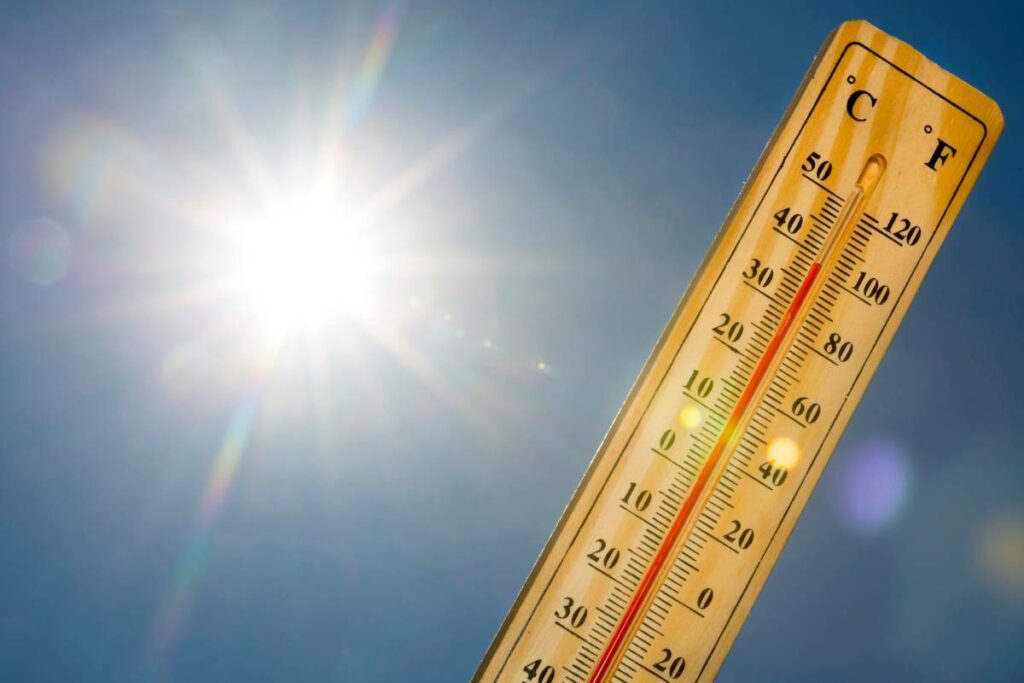Tony Heller’s website realclimatescience.com specializes in finding historical newspaper entries and climate records that debunk claims that current events are “unprecedented” or even unusual. For instance see this post on the October 1871 US prairie wildfires. If such fires happened today they would without question be presented as evidence of catastrophic global warming. Yet the fact that they happened at the tail end of the Little Ice Age is considered irrelevant. Heads I win, tails you lose.
The alarmist tactic of pointing to dramatic weather events as proof of anthropogenic climate change is rhetorically effective. But it has a serious logical and empirical flaw. If bad weather one day is evidence of human influence on the climate, it should mean good weather on another day is too. Instead, the comparison with some unseen, imagined alternative is only employed when we have bad weather and the assumption is always that the weather we didn’t have would have been better.
If we hadn’t emitted so much carbon dioxide yesterday’s flood or storm would have been a nice, mild sunny day, the argument goes. But it’s never claimed that today’s mild sunny day would have been cold, wet and windy but for those same carbon dioxide emissions. There’s no way to disprove this theory, since it only makes predictions retroactively. We are never told that, say, the next decade will have more floods than the previous one and if not the theory will be proven defective. Moreover, everything bad including unpleasantly cold weather supposedly proves the theory that man has “disrupted” the climate. But the essence of science is to test hypotheses against evidence. And a theory that explains everything explains nothing.
As Heller underlines, the theory of bad weather as proof of climate change doesn’t just fail logically. It fails empirically, because it explains everything and nothing at the same time. We actually have plenty of historical evidence of fire, floods, droughts, heat waves and other hardships or disasters in the past. Yet the theory does not even attempt to account for them in terms of the causal factors, especially CO2, that are invoked to explain the present and predict the future. Instead it tries to ignore them. And that’s not science.


